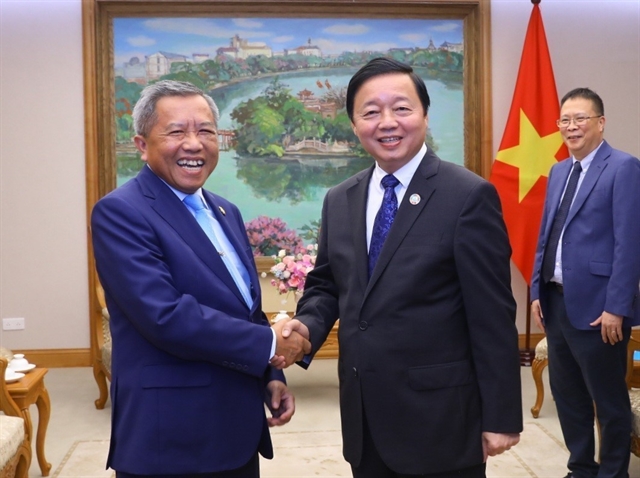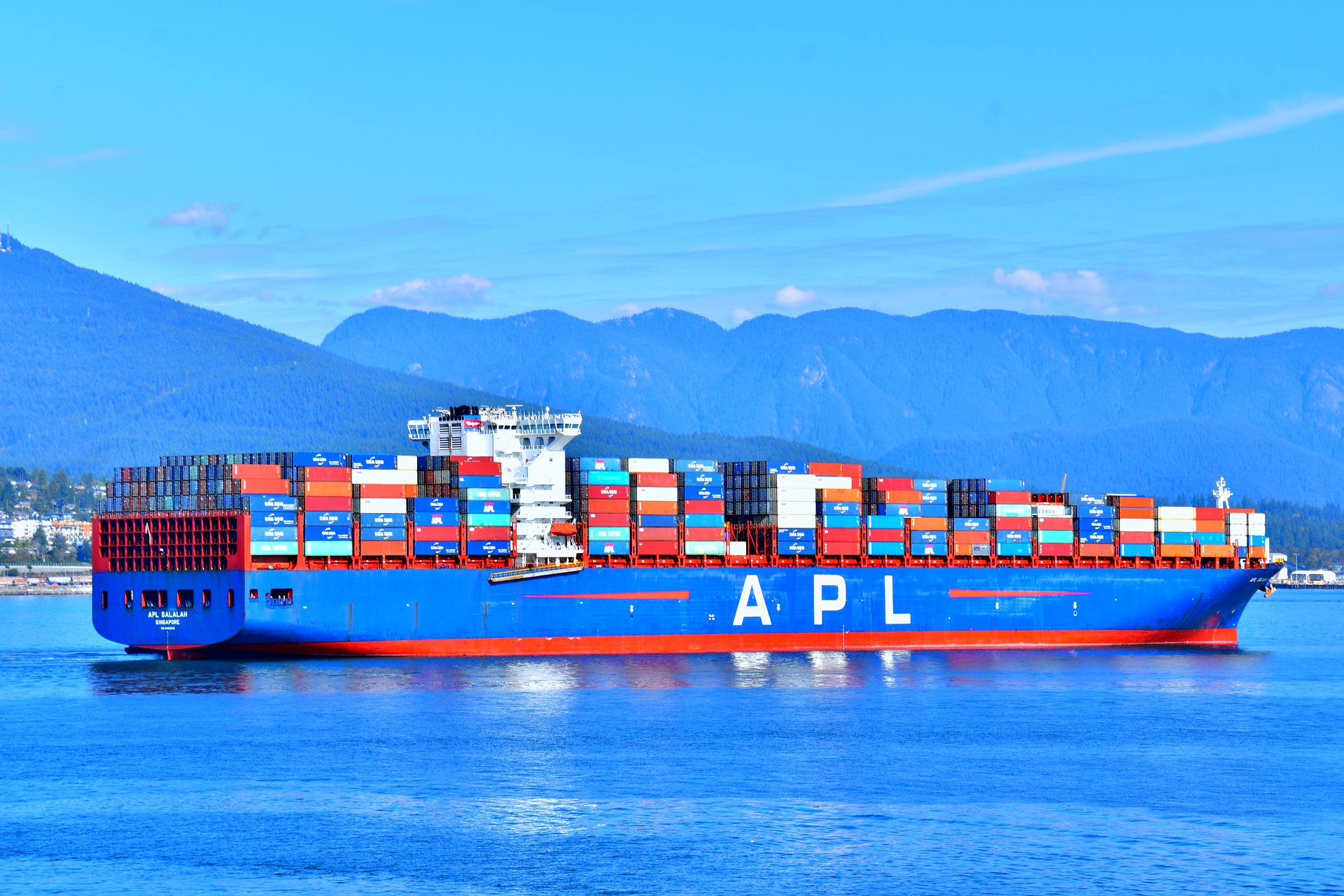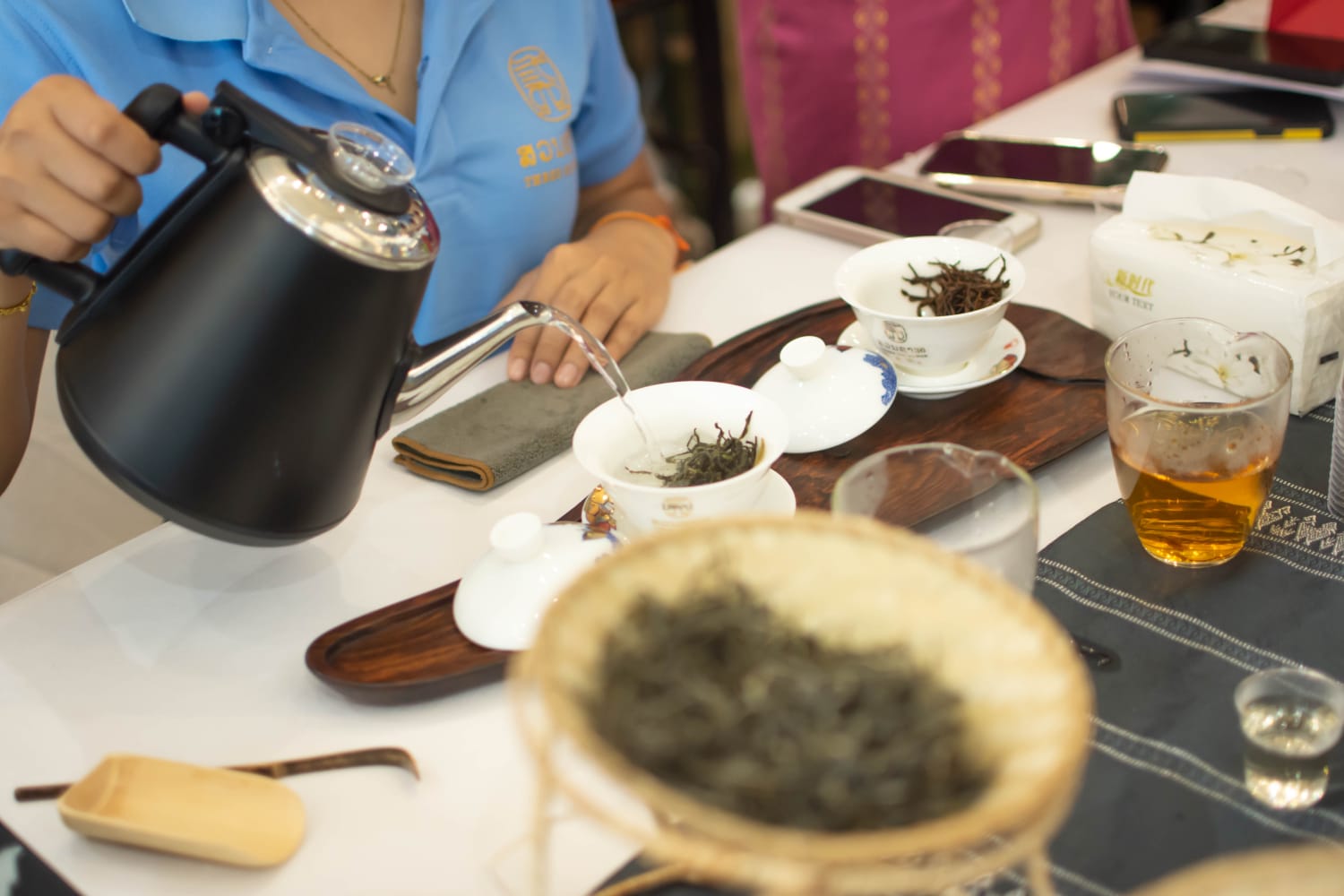AN AUTOMOBILE is the sum of its parts. From the battery and radiator to the headlights and upholstery, the average vehicle manufacturer sources these parts from over 18,000 suppliers across the world. Even after the automobile has been assembled, it must then be shipped to the various markets. Indeed, the supply chain of the automotive industry is a vast and complex one – and therein lies the challenge.
The Covid-19 pandemic highlighted how easily global supply chains can be disrupted by economic, environmental, and geopolitical forces. In 2021, the world witnessed how a single poorly positioned cargo ship in the Suez Canal could cause US$9.6 billion-worth of daily losses in maritime traffic.
As a result, many in the automotive industry have chosen to strengthen their supply chain through nearshoring, or moving their manufacturing operations closer to customers.
Amid the global rise of nearshoring, South-east Asia has emerged as an attractive option for such operations. What are the key considerations automotive businesses must make when relocating to or expanding their footprints in the region?
The case for South-east Asia
Nearshoring presents a number of key benefits for businesses with complex supply chains. Specifically, it can help businesses reduce labour and operating costs, facilitate better communication and collaboration due to time zone proximity, and access a larger pool of skilled labour that may not be available in the home country.
While nearshoring is becoming prominent in markets across the world, especially in Mexico, South-east Asia is an especially popular port of call – and for good reason too.
For one, South-east Asia is home to 634 million people, notably a young demographic and a growing middle class. It is also economically vibrant, boasting the world’s fastest-growing growth of 5.5 per cent as a region in 2022. The region also has multiple free trade agreements between nations and loosened tariffs, which in turn is attracting large amounts of foreign direct investments and cross-border trade.
Regulations and policies in the region are also favourable for nearshoring. Governments there continue to reform legal and trade frameworks to improve the ease of doing business, all while investing in relevant infrastructure and manufacturing capabilities. Incentives such as tax holidays and cash grants are also available for companies seeking to relocate their manufacturing or supply chain hubs to South-east Asia. For example, in Singapore, there is the SG+ twinning model that leverages the business advantages of setting up dual production locations in the country and its neighbours, such as Johor in Malaysia and Batam, Bintan, and the Karimun islands in Indonesia. This allows businesses to launch manufacturing bases and diversify supply chains in the region.
Then there is also the diverse talent pool, from lower-skilled workers to skilled manpower in Indonesia, Vietnam, the Philippines, Malaysia and Singapore. This talent diversity will help companies keep up with increasing demand across South-east Asia.
Key nearshoring considerations
With such favourable conditions, South-east Asia is already forming a core part of many nearshoring strategies in the automotive industry. However, before automotive businesses pack up and relocate or expand into the region, there are some considerations of note.
For instance, while nearshoring can help automotive businesses save costs on labour, transportation, and logistics, it would be wise to balance these savings against additional costs, such as taxes, cultural barriers, and custom duties.
Also, as diverse as the region’s talent pool is, the automotive industry is built on manpower with expertise in design, engineering and manufacturing. As such, nearshoring in countries with an established automotive industry, or at least expertise in the abovementioned fields, would be wise.
Finally, the regulatory and political environments are also critical. The automotive industry, in particular, must comply with a host of regulations and standards, especially those related to safety and emissions. As such, nearshoring in a country that already has similar regulatory environments to the home country will make it easier on the compliance front. Furthermore, while South-east Asia as a region is politically stable, the stability is uneven across countries. Automotive businesses thinking of nearshoring there must consider a country that provides a fairly reliable, stable supply chain in the long term.
Technology that facilitates visibility and transparency
Nearshoring is a viable supply chain strategy for automotive businesses looking to better manage cost, increase agility, and reinforce resilience. However, even the best-laid supply-chain strategy is only as robust as the technology that drives it. In fact, accurate, real-time data across the supply chain allows automotive businesses to forecast demands, adapt to disruptions, and gain greater visibility and control over the entire supply chain network.
One example of this in action is Mazda Australia. The company imports, stores, and distributes automotive parts, accessories, and vehicles from multiple overseas locations to more than 140 authorised dealers in Australia. As such, it needs a scalable supply chain solution with high visibility. This calls for specialist proprietary technology that can streamline load prioritisation, lock in below-market ocean rates, and uncover customs reclassification opportunities. Doing so would result in substantial savings on import costs, including a reduction in air freight costs from suppliers in South-east Asia to Australia.
Furthermore, considering the lessons that the pandemic has taught us, technology allows automotive businesses to maintain visibility and flexibility, all while making agile adjustments to the supply chain in case of unforeseen circumstances.
Ultimately, the only certainty is uncertainty. In order to find steadier footing in this ever-changing environment, automotive businesses would be wise to invest in an end-to-end solution that integrates all requirements across the supply chain and provides real-time insights. An efficient and agile supply-chain management system can make all the difference between surviving an upheaval and thriving in the years to come.
The writer is vice-president, South-east Asia, at C H Robinson
Source: The Business Times. Link Here.























